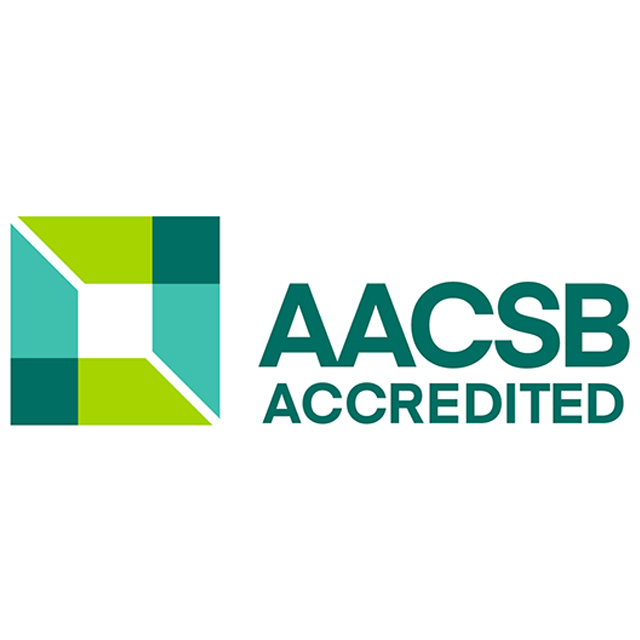Why Choose Duquesne Graduate Business School?
Whether you choose to pursue an M.B.A., One-Year M.B.A., one of our Specialized Masters Degrees, or Certificates, Duquesne is the right choice for your graduate business education:
- A Horizon-Expanding Education: Discover your potential and understand why it matters globally. Our Spiritan tradition emphasizes equity, opportunity, environmental stewardship, and social justice.
- Student-Centered Approach: We prioritize you, offering high-quality, experiential learning and developmental opportunities to shape your ability to make a difference.
- Ethics and Integrity: Our principles of honesty, fairness, accountability, transparency, and moral courage guide our community, fostering ethical business professionals.
- Change and Innovation: Become an innovative leader in a rapidly changing business world with our cutting-edge curriculum that aligns with industry trends.
- Practical Wisdom: Engaging in transformational experiences that connect theory to practice ensures you gain practical wisdom for real-world scenarios.
- Research That Matters: Our impactful scholarship creates new knowledge, shapes business practice, and improves teaching effectiveness, resulting in a cutting-edge curriculum.
- Boundary-Spanning Collaboration: Prepare to lead in a global business environment, embracing cultural differences and
working with cross-functional teams.
Join us at Duquesne Graduate Business School, where passionate faculty, a vibrant community, and the skills to make a difference await you. Your journey to becoming a difference-maker starts here.
5 Tips for Your Next Chapter at Duquesne University
Discover how to make the most of your graduate business journey with our free guide. Hear directly from current M.B.A. and M.S. students as they share their best advice, campus resources, and success strategies. Complete the form to get your guide delivered straight to your inbox.
Achieve Bigger Goals with an M.B.A. or M.S. in Business
Take your future to the next level with our nationally-ranked M.B.A. or specialized Master’s programs.

Flex M.B.A.—Earn Your M.B.A. on your Terms
Our newly reimagined 33-credit Flex M.B.A. degree allows you to tailor your education to achieve your bigger goals. Launching in Fall 2025.

One-Year M.B.A: Fast-Track Your Career
Join our next cohort starting in summer 2026 for an immersive experience involving real-world consulting projects and study abroad opportunities. This full-time program is perfect for those looking to make swift and meaningful contributions to business sustainability efforts.

Specialized Master’s Degrees—Tailored Paths for Future Leaders
Programs include in M.S. in Accountancy; M.S. in Analytics and Information Management (STEM), M.S. in Entrepreneurial Leadership, M.S. in Finance (STEM), and M.S. in Supply Chain Management (STEM).
The Professional M.B.A. is being phased out.
Current P.M.B.A. students should visit our FAQ intranet page for more information and contact their Student Success Coach to develop a plan to complete their P.M.B.A. coursework or transition to the Flex M.B.A.
Accreditation
The Association to Advance Collegiate Schools of Business (AACSB) awarded Duquesne's undergraduate and graduate Schools of Business its full accreditation. The AACSB accreditation is recognized as a global mark of distinction. Less than 6 percent of the world's more than 1,200 business schools have passed the rigorous review necessary to earn the honor.
Contact
Interested in a graduate program? Reach out to Chris Rouhier.
Chris Rouhier

Business School Events
There are no upcoming events to display for this calendar.



